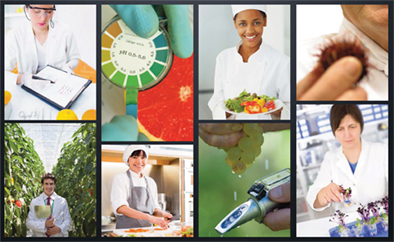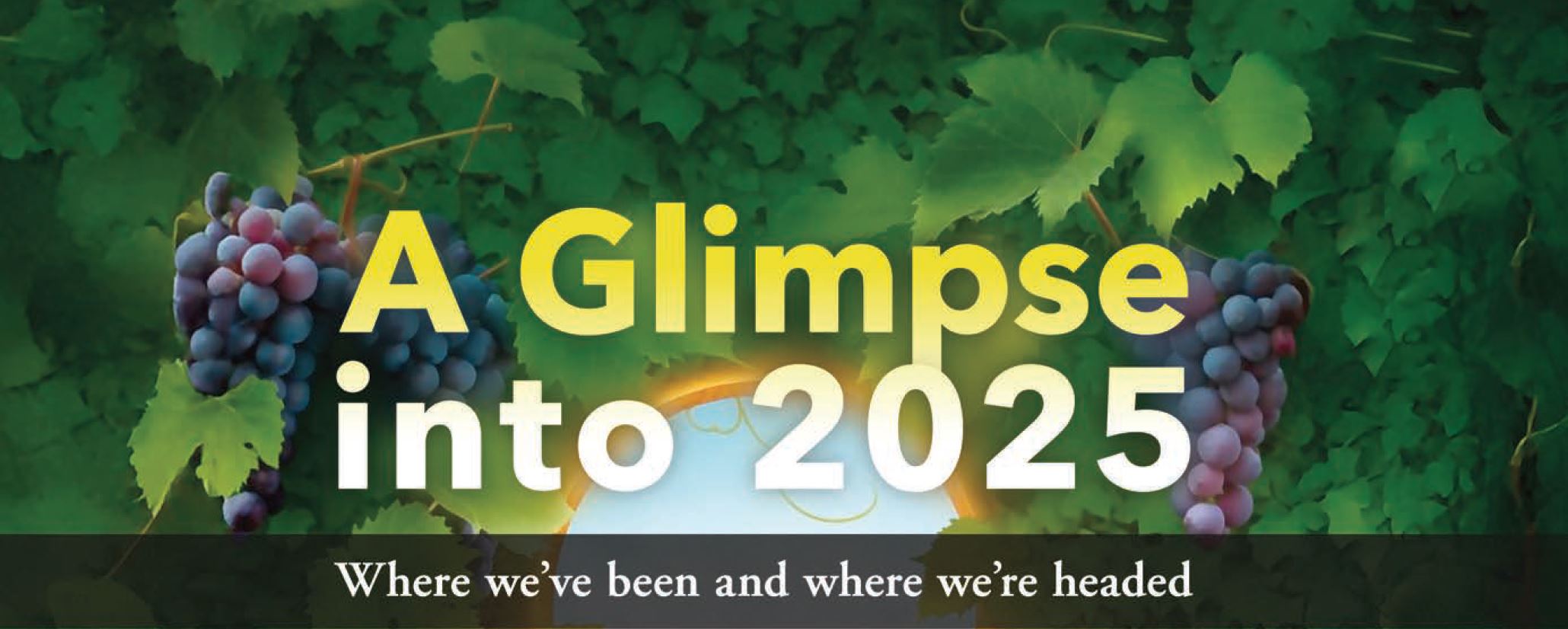Welcome to Blue Book!
Are you ready to join the thousands of companies who rely on Blue Book to drive smarter decisions? View our plans and get started today!
Still have questions? We’d love to show you what Blue Book can do for you. Drop us a line– we’ve been waiting for you.

An increasing number of companies—from growers and marketers to grocers and trade organizations—are bringing in experts such as dietitians, chefs, horticulturalists, and others to improve their products and bottom line. This is borne out by two recent polls: a remarkable 85 percent of food retailers and wholesalers employed a dietitian at the corporate level by 2013, while a 2014 poll found 69 percent of consumers confirmed that the opportunity to meet with a ‘specialist’ at a grocery store would make them more likely to shop there.
THE ROLE OF SPECIALISTS
The most likely destination for outside specialists is retail grocers. The number of licensed dietitians and nutritionists employed at supermarket chains reached nearly 600 in 2013 and was expected to double by the end of this year. Many chains cite the loss of consumers to alternative retailers such as drugstores, supercenters, and convenience stores as motivation for adding personnel such as nutritionists or dietitians, or teaming up with chefs for in-store demonstrations.
Celebrity chefs not only bring recognition to a store or brand through special labeling, marketing campaigns, or appearances on television or trade shows, but often lend credibility to the sponsor or employer. The same can be said of dietitians and nutritionists, who serve as marketing consultants, product spokespersons, and advisors. Like chefs, they also make in-store appearances to distribute nutritional information and recipes, or prepare food with regional or seasonal fresh produce.
“As a registered dietitian,” says Tina Miller, who works for Meijer, Inc., headquartered in Grand Rapids, MI, “my primary role is to guide consumers in the selection of foods that promote health, and to show them how to use these foods to create easy meals that are affordable.” To do so, Miller uses “social media, community educational activities such as cooking demonstrations and promotional events, and partnerships with community healthcare providers. In this way, we’re able to support and promote healthy products from our vendors through our media and community activities.”
Agronomists and horticulturists represent another facet of the movement. A.J. Bussan, PhD, is a professor at the University of Wisconsin and senior production agronomist at Wysocki Produce Farm, Inc. which supplies potatoes to Paragon Potato Farms and RPE, Inc. “My responsibilities include the development and implementation of advanced cropping systems, which include nutrient management, soil analysis, optimized water management, and alternative cropping practices to improve yield and quality.”
Bussan’s colleague at Wysocki and RPE is senior agronomist Mike Copas, PhD, also from the University of Wisconsin and a native of the Central Sands region where he grew up on a farm. “Much of my role is research and development,” he explains. “We focus our program heavily on variety, but also conduct research on production practices and quality improvement, all the way from seed through the commercial fields and storage, and finally to the end— the consumer.”




